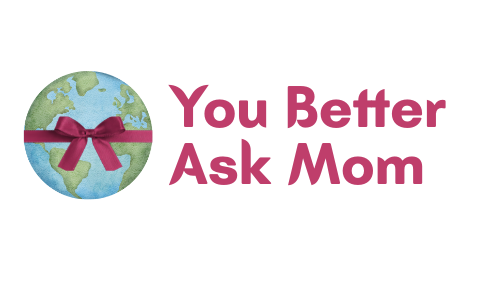
Freelancing 101: Navigating Financial Independence
Imagine hopping onto your computer in a serene treehouse on the coast of Belize. The allure of freelancing offers the promise of flexibility, autonomy, and a chance to create a fulfilling career. However, this liberating path comes with significant financial responsibilities that can bewilder the unprepared. As parents navigating the financial landscape while managing a freelance career, understanding how to budget effectively becomes crucial.
Mastering Your Finances as a Freelancer
Freelancers often dive headfirst into their work, with lofty aspirations of self-sufficiency and increased earnings. However, many quickly discover the multitude of expenses associated with their new lifestyle. According to financial experts, the keys to thriving as a freelancer lie in planning for five key financial components: taxes, business expenses, health insurance, retirement savings, and general costs.
Taxes: Your Freelance Reality Check
Unlike traditional employees, freelancers shoulder the full weight of their taxes. This means budgeting effectively for federal income taxes as well as Social Security and Medicare contributions. Consulting with a tax professional is not just advisable but necessary, especially for parents balancing numerous responsibilities. You want to ensure every dollar counts—not only for your wallet but for your family's future.
Budgeting Beyond Basics: The Shifting Landscape
To insulate against future financial shocks, it’s recommended that freelancers engage in creating a 'dummy return', which estimates self-employment income and expenses. This proactive approach not only prepares you for tax responsibilities but also enables savvy financial planning that incorporates saving for your family’s goals, such as college or private school tuition.
Emphasizing Financial Literacy for the Whole Family
As young parents, involving your kids in financial literacy can be incredibly beneficial. Teaching them practical financial skills, from budgeting their allowance to understanding saving and spending, can set them up for a debt-free future. These lessons can help build multigenerational wealth and ensure that your family is well-positioned for future financial security.
Balancing Work and Family: Finding Financial Harmony
Freelancing doesn’t just require managing your financial situation; it also involves balancing your personal and professional lives. As you strive for financial literacy and stability for your family, remember to cherish the time spent together. Self-employment offers a unique flexibility that can be harmonized with family commitments, allowing you to be both a provider and a present parent.
In conclusion, while the world of freelancing presents exciting opportunities, it’s imperative for parents to solidify their financial foundations. By proactively managing taxes, budgeting for unexpected expenses, involving children in financial discussions, and leveraging the flexibility freelancing offers for family engagement, you can smoothly navigate the path towards a secure future. Be empowered and informed as you thrive in this dynamic work environment!
 Add Row
Add Row  Add
Add 




Write A Comment